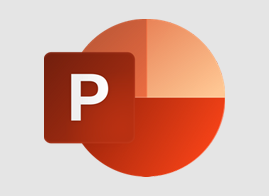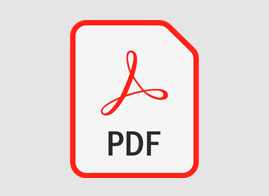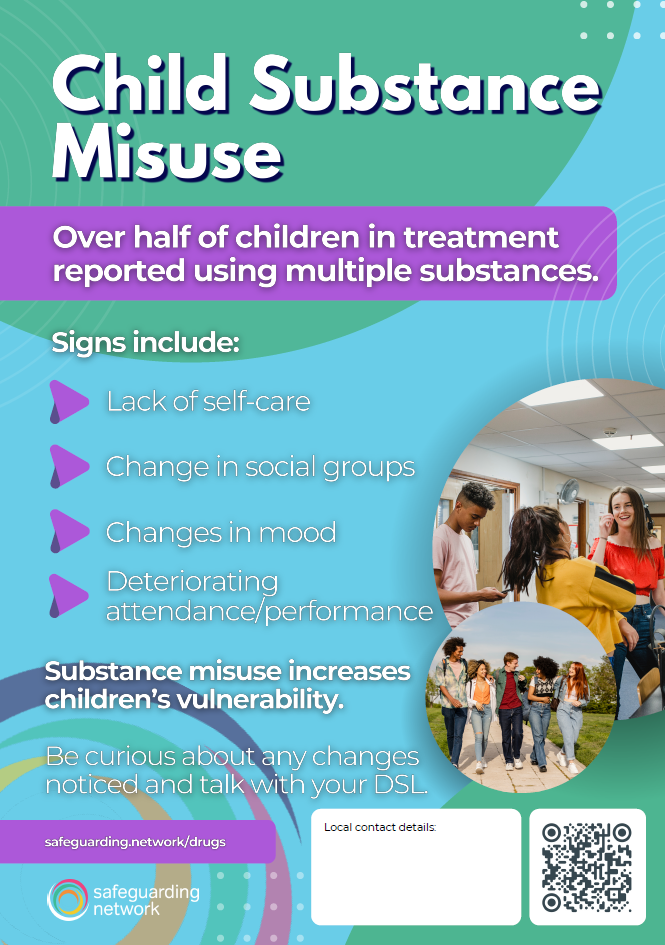Introduction
For many children and young people, substance misuse (which, as we see in the definition below, is not only drugs but includes alcohol) is likely to remain experimental. Children and young people often experiment as a result of peer pressure or it being seen as a rite of passage. For many children this is where it will both start and stop, and whilst we cannot be complacent about the potential impacts of experimenting with substances (there are many incidences across the country where children and young people have died experimenting), for the majority there will be little to no long-term side effects.
Need more?
Thank you for visiting our resources pages. These are free to everyone as is our fortnightly safeguarding bulletin – general safeguarding information is too important to restrict. Become a member to access lots more, including training materials for you to deliver in-house on each topic in Keeping Children Safe in Education.
Sign up for FREE fortnightly bulletin.
What about training?
We can deliver training for your setting on this and other subjects via online platforms, or face-to-face in certain areas. Just get in touch to discuss your requirements.
For a proportion of children, substance misuse will become a significant issue in their lives, impacting on their day-to-day functioning both in education and in the wider environment.
Definition
Substance misuse refers to the use of psychoactive substances in a way that is harmful or hazardous to health. This includes alcohol, tobacco and illicit or prescription drugs. The use of such substances can lead to dependency which may result in cognitive, behavioural and physiological problems.
Adapted from the World Health Organisation
Stages of substance abuse
- Experimentation – infrequent use, can be as a result of peer pressure, with the ability to stop use by themselves.
- Regular use – not necessarily every day, but can be a predictable pattern or predictable circumstances.
- Risky use – misuse can lead to suffering physical, psychological and/or social problems.
- Dependence – users will continue to use substances regularly despite the harm that it may be causing.
- Addiction – substance misuse is often compulsive and out of control with active craving and seeking out use.
Statistics
According to government statistics:
- 14,352 children and young people (aged 17 and under) were in alcohol and drug treatment between April 2023 and March 2024.
- Cannabis remained the most common substance that children and young people came into treatment for (87%).
- 80% of children in treatment reported they first started using substances before the age of 15.
- 56% of children in treatment reported using multiple substances.
The latest NHS survey of secondary school pupils in England found:
- 11% of pupils had ever smoked, 3% were current smokers and 1% were regular smokers
- 9% of pupils said they currently vape and 25% have tried vaping.
- 37% of pupils said they had ever had an alcoholic drink. This increases with age, from 15% of 11-year-olds to 62% of 15-year-olds.
- 13% of pupils reported they had ever taken drugs, 9% had taken drugs in the last year, and 5% in the last month.
Why do young people use substances?
A lot of use is experimental or recreational. Many young people use substances to:
- be accepted by friends or peers who are using substances
- experience feelings of pleasure
- help them cope with/relieve depression, anxiety, stress-related disorders and physical pain.
- improve their concentration and studies or to improve their athletic performance
- try new experiences, especially ones that they think are thrilling or daring.
However, when substance use becomes a problem, this can often be linked to:
- starting the misuse before 15
- using multiple substances, self-harming
- not being in education, training or employment
- having mental health needs
- being in homes where there is domestic abuse or a history of involvement with children’s social care.
Research also shows that a history of adverse childhood experiences (ACEs) can lead to increased risks of dangerous substance misuse.
Spot the signs
Children and young people who are misusing substances may:
- have constantly changing friendship groups
- spend a lot of time alone
- stop taking care of themselves, i.e. not showering, wearing dirty clothes, not brushing their teeth
- miss important appointments
- have poor attendance/performance
- lack motivation/feel tired or depressed
- have repeated or continuous bad moods/rapid mood swings
- no longer be interested in hobbies
- show changes in appetite/eating patterns
- be found with drug-related paraphernalia
- be drawn into criminal behaviours.
What to do
If you become aware that a child or young person is using substances, follow your safeguarding procedures and report immediately to your designated safeguarding lead.
Free substance misuse poster
This free, downloadable resource raises the profile of safeguarding for your staff team. For use in staff rooms, on safeguarding boards or on the back of toilet doors, the poster includes tips, a space for local contact details, plus a link and QR codes to this resource page. Download the poster from the resources below.
DSL Training Materials
-

Children's Mental Health and Substance Misuse Presentation
-

Children's Mental Health and Substance Misuse - Presenter Notes
-

Handout for staff - Child Substance Misuse
-

Child Substance Misuse Quiz
-

Child Substance Misuse – Quiz (Answer Sheet)
-

Child Substance Misuse Scenario – Early Years Settings
-

Child Substance Misuse Scenario – Early Years settings – DSL Information Sheet
-

Child Substance Misuse Scenario – Primary Schools
-

Child Substance Misuse Scenario – Primary Schools – DSL Information Sheet
-

Child Substance Misuse Scenario – Secondary Schools
-

Child Substance Misuse Scenario – Secondary Schools – DSL Information Sheet
-

Child Substance Misuse Scenario – 16+ / FE settings
-

Child Substance Misuse Scenario – 16+ / FE settings – DSL Information Sheet
-

Child Substance Misuse Scenario – SEND settings
-

Child Substance Misuse Scenario – SEND settings – DSL Information Sheet
-

Child Substance Misuse Scenario – Care Settings
-

Child Substance Misuse Scenario – Care settings – DSL Information Sheet
Resources
-

Child substance misuse poster
-

Talk to Frank – Honest information about drugs
-

Searching, Screening and Confiscation: advice for schools
-

DfE and ACPO drug advice for schools
-

Fearless Resources
Save time and improve your safeguarding approach…
Bite-size training materials to share with your staff every month.
Support to explore and develop your safeguarding culture.
A huge array of resources and professional experience at your fingertips.
Get in touch now for a personal tour of the site and details of membership benefits.
We look forward to working with you.


